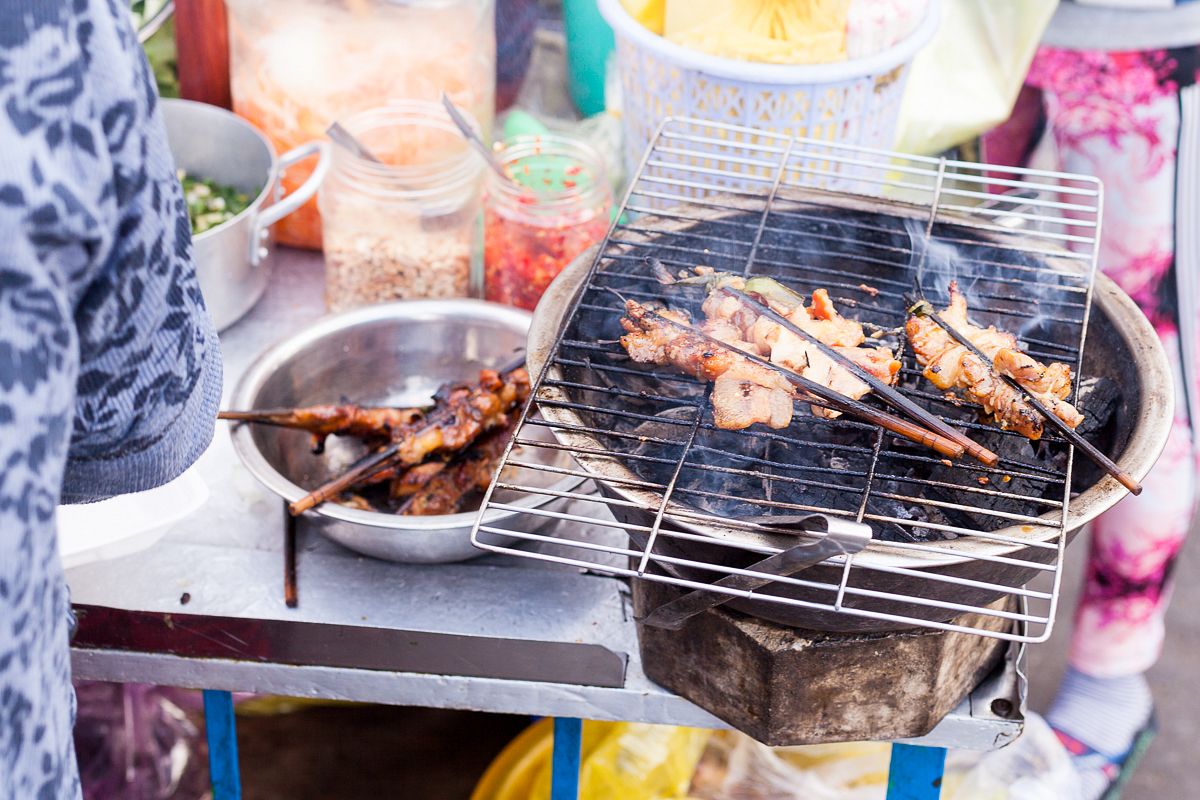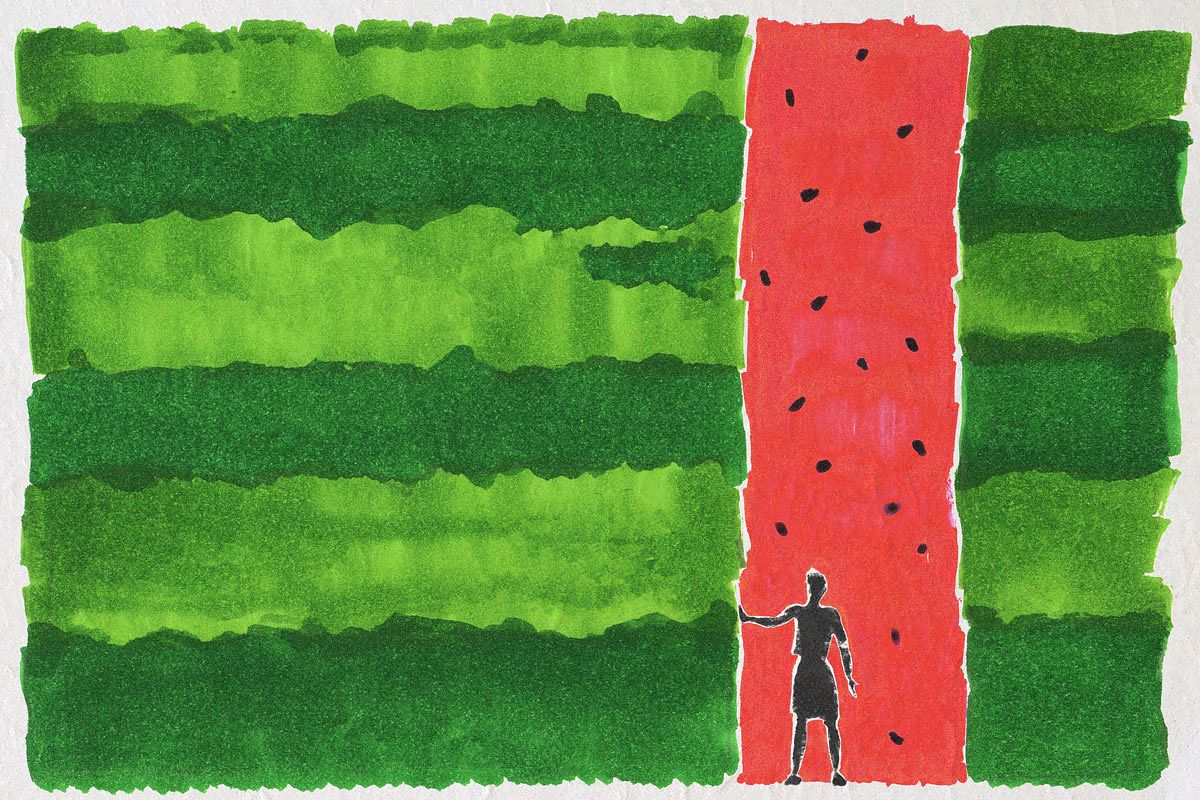Despite the country’s rising wealth, Vietnam still consumes a modest amount of beef compared with the world average.
Regarding Vietnam’s animal husbandry sector, Minister of Agriculture and Rural Development Nguyen Xuan Cuong told Phap Luat recently that the average Vietnamese only eats three kilograms of beef and drinks 20 liters of milk per year. These are relatively low levels compared to the global average of nine kilograms of beef and 80 liters of milk, according to Cuong.
Vietnamese cuisine only began including the red meat in its repertoire not long ago when the nation was exposed to western culture. These adaptations came in the form of beef steaks, hearty breakfast platters, bò kho and even beef hotpots. Nonetheless, like other Asian cultures in the region, pork remains Vietnam’s most relished protein. Cuong added that as much as 71% of meat eaten in the country is pork; poultry accounts for 20.4%; other animals, including cows, only make up 8.6% of total animal protein consumption.
For the last few months, Vietnam’s agriculture sector has been heavily hit by African swine fever. The incurable disease has swept through 35 localities in the country, leading to the culling of 1.5 million pigs. Even so, the minister shares, Vietnam should restructure its animal-rearing industry to reduce reliance on pork by diversification.
While Vietnamese don’t eat much beef, when they do, many prefer the imported kinds, according to Vissan CEO Van Duc Muoi. Vissan produces and distributes animal products such as chả lụa, sausages and ham. Muoi estimates that 3,500–4,000 cattle are consumed a day in Vietnam with around 600 eaten in Saigon alone. The national population of cattle has decreased from six million to four million, so a significant portion of beef in the market was imported, he explained to Thanh Nien.















